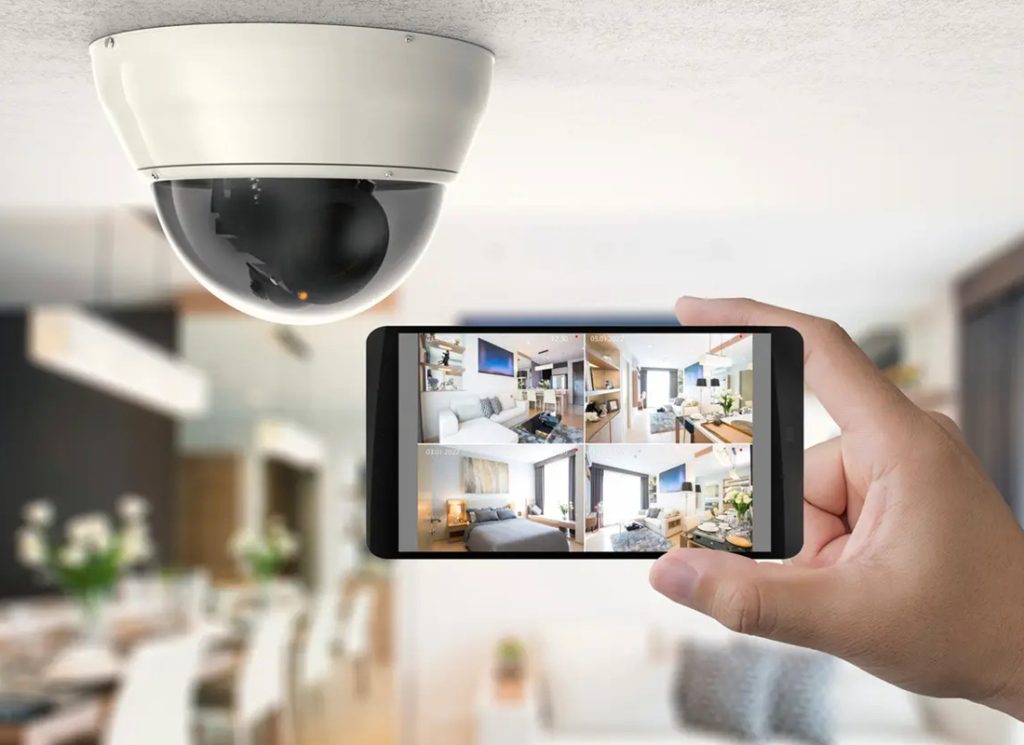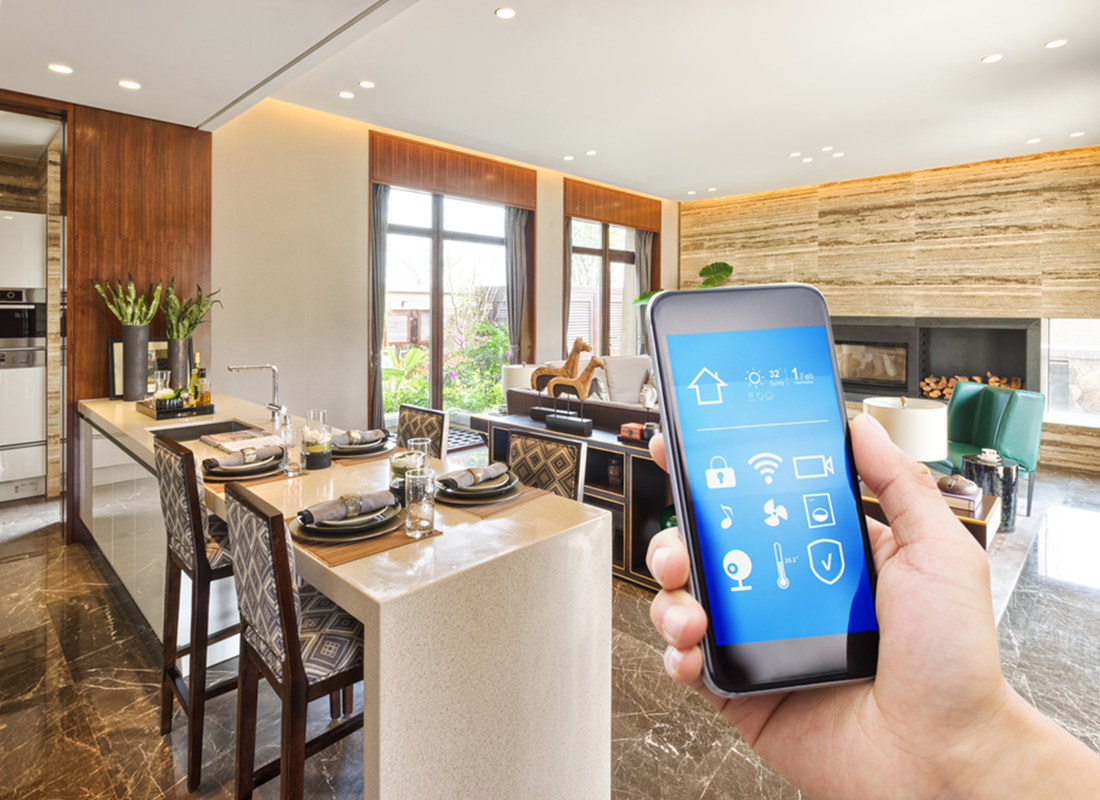Remote control capabilities allow users to monitor and manage their appliances from virtually anywhere. Whether at work, on vacation, or simply lounging on the couch, homeowners can easily check the status of their devices through a smartphone app. For instance, a smart thermostat can be adjusted to ensure a comfortable home environment upon arrival, while smart lights can be turned on or off to simulate occupancy, deterring potential intruders. This level of control not only enhances comfort but also contributes to peace of mind.
The ability to control appliances remotely also plays a crucial role in energy management. Users can monitor energy consumption in real time and make adjustments to reduce waste. For example, if a homeowner forgets to turn off the oven after cooking, they can do so through their smartphone, preventing unnecessary energy use and potential hazards. Many smart appliances provide usage reports, allowing users to identify patterns and make informed decisions about their energy consumption habits.
Voice assistants further enhance the remote control experience. With simple voice commands, users can manage multiple devices simultaneously. This hands-free capability is especially beneficial when multitasking or when users are occupied with other activities. Imagine coming home with arms full of groceries and instructing the smart lights to turn on or the thermostat to adjust, all without lifting a finger. This level of convenience is a game-changer for busy households.

Security is another critical aspect of remote control technology. Smart security systems allow users to monitor their homes in real time, receiving alerts for unusual activity. Homeowners can view live camera feeds, lock doors, and even communicate with visitors through smart doorbells, all from their mobile devices. This capability not only enhances security but also empowers users to respond swiftly to potential threats, providing an added layer of protection for their families and belongings.
Moreover, remote control features can streamline household management. Users can schedule tasks, such as running the dishwasher or washing machine, during off-peak energy hours to save on utility bills. This level of scheduling not only promotes energy efficiency but also allows homeowners to optimize their time, ensuring that chores are completed without disrupting their daily routines.
For those looking to enhance their smart home experience, it is essential to choose appliances that offer robust remote control features. Compatibility with various smart home ecosystems can enhance the functionality of devices, allowing for seamless integration and control. Regular updates and maintenance of the applications and devices can also ensure optimal performance and security.
As technology continues to evolve, the capabilities of remote control in smart appliances will only expand. Embracing this innovation allows homeowners to enjoy a more connected and efficient lifestyle, transforming the way they interact with their living spaces. The future of home automation is bright, offering endless possibilities for enhancing convenience and security in everyday life.

